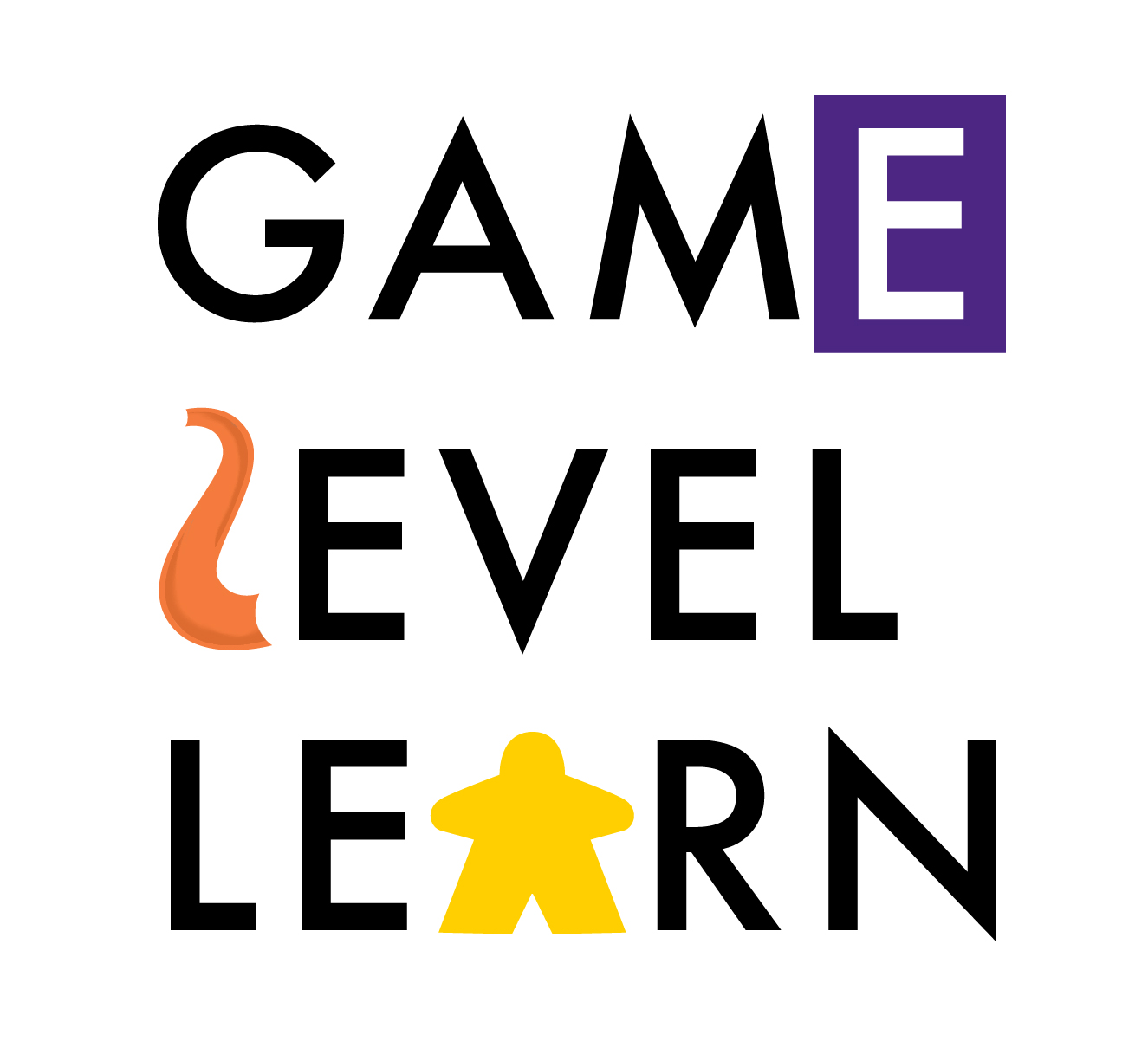A Deck of Lenses - A Peerless Tool To Improve Game and Lesson Design
/A Deck of Lenses for Learning - by Tim Handley
Given that the products of game design - games and game mechanics - are so useful to classroom curricula, why not go a step further, and use the processes of game design in the process of curriculum design? That is, why don’t we go about designing classes in the same way we go about designing games? The end result couldn’t help but be a usefully gamified learning environment.
When teaching game design, one of my favorite tools is Jesse Schell’s, Deck of Lenses (available as physical cards in a box, or for free as an app). Each card in the Deck of Lenses has a list of questions, and those questions offer a way of looking at an experience. This is important because both games and classes are experiences. This fall, I plan to take this tool for game design, and apply it to my classroom design.
Take Lens #76, The Hero’s Journey. The first question says, “Does my story have elements that qualify it as a heroic story?” As context, think about all the heroic stories that involve learning.
In the Harry Potter books, Harry has to dig into Voldemort’s past in order to figure out where Voldemort would have hidden his horcruxes - the keys to Voldemort’s apparent immortality. Harry needs this historical knowledge in order to move forward on his journey to defeat Voldemort.
In the original Star Wars trilogy, Luke seeks out Yoda for training, because he needs the skills of a Jedi to move forward on his journey to defeat the Empire. A similar thing happens in The Force Awakens, where Rey seeks out Luke for training.
So, does my classroom represent a step on the hero’s journey for my students? This question brings up issues of relevance and agency, and suggests ways to bring more relevance and agency into my classroom.
When heroes fail, it hurts. Maybe they get scarred, but there is always room for redemption. Could I implement some sort of test or assignment revision policy so that students can better recover from mistakes?
The hero’s journey is a journey, not a side-quest. Could I do something to create a stronger sense of progression in the classroom? Points? Levels? Badges? This fall, for my middle school algebra class, I plan to give my students a repeated assessment, and plot their scores on a timeline as a reminder that they really are progressing.
Heroes are transformed by their adventures. Could I add some transformational moments to my class? As an off-the-wall idea, I’ve been thinking about adding a fictitious student to my classroom sometime mid-year. Being a late arrival and an agoraphobe, he’d be behind in his studies, and unable to attend class in person. I could frame this event as a transformative moment, “You are now experts on first term material, which means you have the power to teach!” I would then ask my students to become student/teachers (multiclassing) and begin creating tutorial materials for this friendly figment - notes, feedback on homework and projects, etc.
The rest of the cards in the Deck of Lenses are similarly interesting, asking usefully reflective questions that also suggest strategies for improvement. I think that we, as multiclassed designer / educators, can get a lot of mileage out of this tool.


